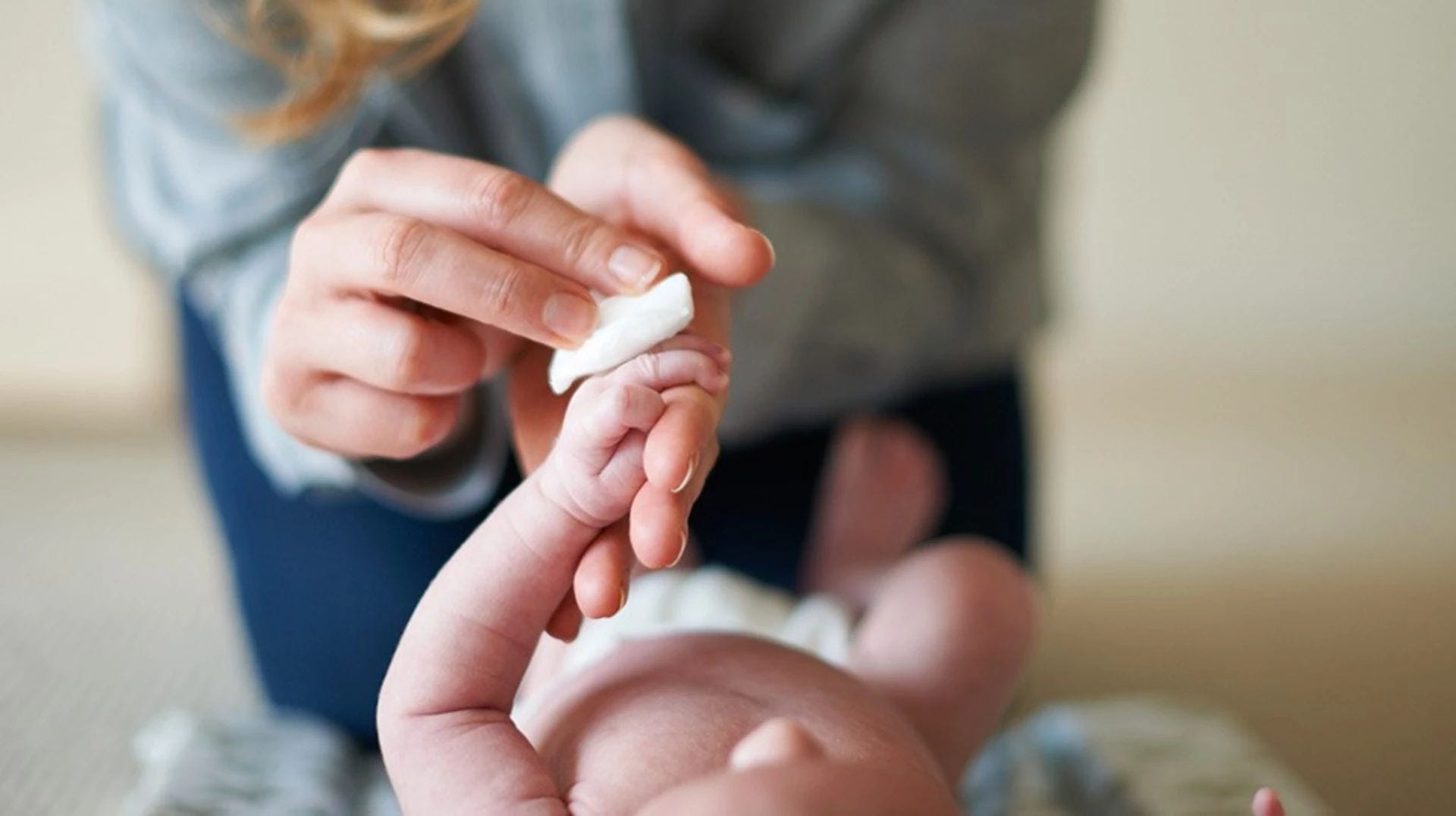Baby health & wellbeing
Top reads on Health & Wellbeing
Other topics

Need some help?
You can get quick answers to common questions in our FAQs.
Alternatively, if you need help with general pregnancy or baby advice, or maybe on using or ordering our products - our expert team are always on hand to talk about feeding your baby.










?ts=1701283011629&dpr=off)
